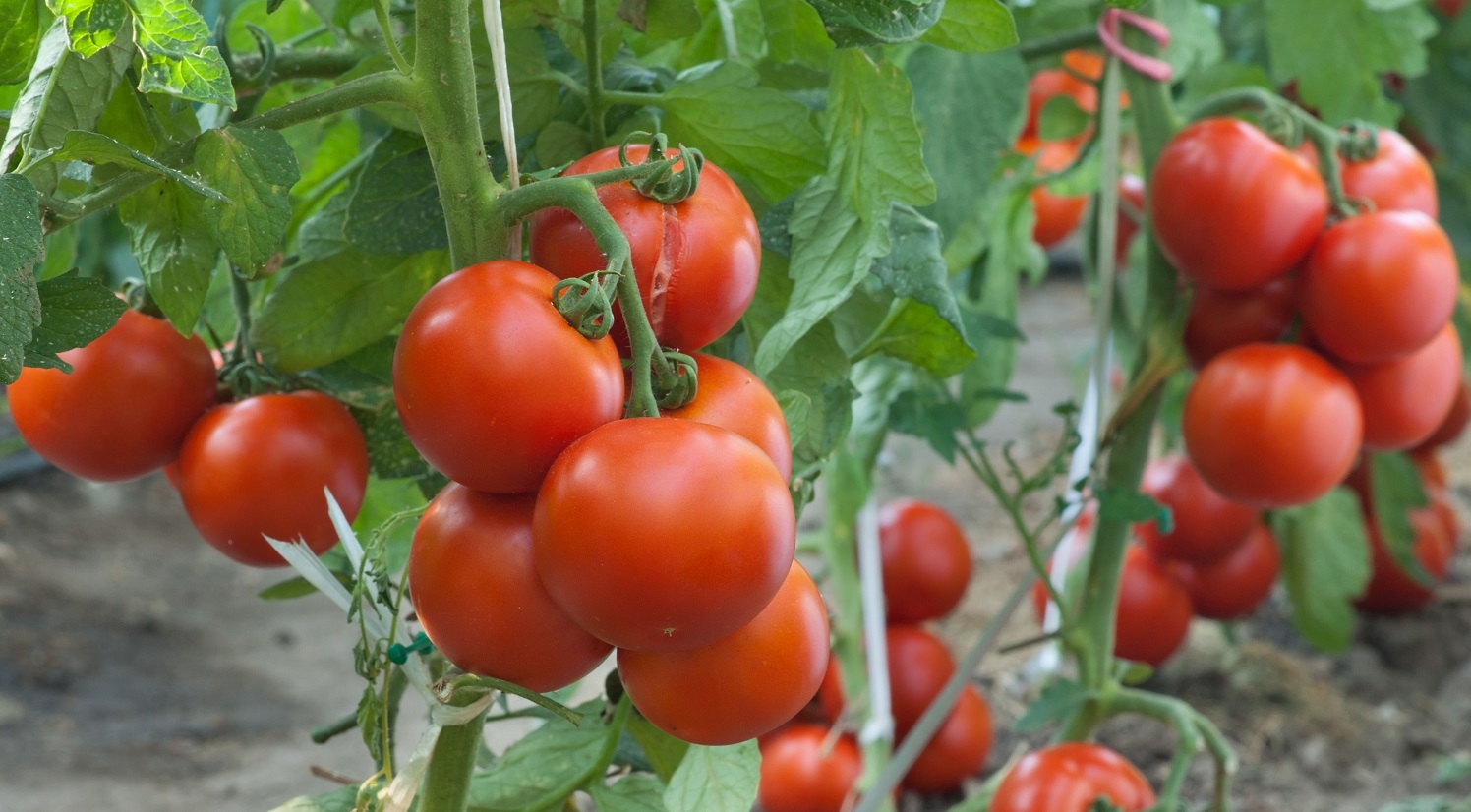As Ghana continues to advance its agricultural development agenda, one critical decision facing farmers is whether to adopt hybrid seeds or continue cultivating local varieties. This debate goes beyond preference; it touches on yield potential, economic sustainability, climate resilience, and long-term food security. Understanding the value and trade-offs of both seed types is key to building a more robust and inclusive agricultural future.

Understanding Hybrid Seeds
Hybrid seeds are developed through the controlled cross-pollination of carefully selected parent plants to produce offspring with the best traits from both. This process, known as hybrid vigour or heterosis, results in plants that often grow faster, yield more, and resist pests and diseases more effectively than traditional varieties.
For farmers, the most compelling reasons to adopt hybrid seeds are:
- Higher yields, often 20–30% more than local strains in crops like maize and tomatoes.
- Uniform growth and maturity, which simplifies harvesting and improves efficiency.
- Enhanced resistance to diseases and pests, leading to lower chemical input costs.
Hybrids are also often designed to thrive under specific conditions, such as drought, poor soil, or limited water availability. This makes them particularly attractive in a changing climate, where growing conditions are increasingly unpredictable.

The Catch: Cost and Dependence
Despite their advantages, hybrid seeds come with economic and practical limitations. Most notably, they cannot be reliably saved and replanted from season to season. The offspring of hybrid plants do not retain the same desirable traits, meaning farmers must purchase new seeds every year.
This creates a cycle of dependence on seed suppliers and can significantly increase the cost of production, particularly for smallholder farmers. While the yield benefits may offset these costs in some cases, the financial burden and lack of autonomy present real concerns, especially when seed prices fluctuate or access is limited.
The Value of Local Varieties
Local or traditional seed varieties, often referred to as open-pollinated varieties (OPVs), have been cultivated over generations to suit specific regional conditions. These seeds can be saved, stored, and replanted, providing a sustainable, low-cost option for farmers.

They also support genetic diversity within the agricultural ecosystem, which is crucial for long-term resilience against pests, diseases, and changing weather patterns. Many local varieties are deeply rooted in cultural traditions, culinary preferences, and community identity, aspects that are difficult to replicate with commercial hybrids.
However, local varieties typically have lower yields, are more variable in maturity, and may require more management effort to protect against pests and diseases.
Environmental and Biodiversity Considerations
The widespread use of hybrid seeds can encourage monoculture farming, the repeated planting of the same crop, which often leads to soil degradation, reduced biodiversity, and increased vulnerability to pests. These risks can be mitigated with good farming practices, such as crop rotation, organic fertilisation, and integrated pest management.

Yet, the loss of local varieties in the face of hybrid dominance poses a real threat to genetic diversity. This genetic erosion could reduce the adaptability of future crops to climate or disease pressures, making seed conservation and sustainable breeding programmes essential.
Striking a Balance
At Demeter Ghana Limited, we believe that the best path forward lies in integrating both hybrid and local seed systems. Farmers can harness the productivity and resilience of hybrid seeds for commercial crops while preserving and cultivating local varieties for food security, heritage, and environmental sustainability.
For example, a farmer may use hybrid maize for market sale, while maintaining local cassava or pepper varieties for household consumption and seed saving. This dual approach not only improves yields but also strengthens food system resilience.

Supporting Farmers with the Right Tools
Achieving this balance requires supportive policies, farmer education, and access to reliable inputs. Extension officers, both human and digital, play a key role in helping farmers make informed decisions about what to plant, when to plant it, and how to manage their crops sustainably.
Governments and seed companies must also invest in:
- Affordable access to certified hybrid seeds.
- Conservation programmes for local varieties.
- Training on integrated farming systems that preserve biodiversity and enhance productivity.

Conclusion
Hybrid seeds are not a silver bullet, but neither are local varieties. Each has a role to play in meeting Ghana’s food, income, and climate goals. When chosen and managed well, hybrid seeds can drive short-term productivity, while local seeds preserve the ecological and cultural wealth of our farming systems.

By empowering farmers with knowledge, choice, and access, we can cultivate a sustainable agricultural future that delivers for everyone, from farm to fork.

.jpg)


.png)
